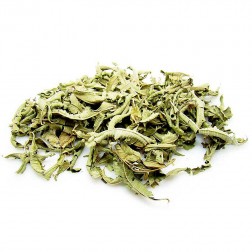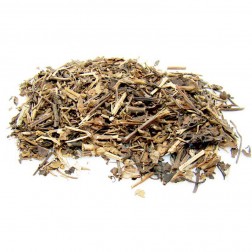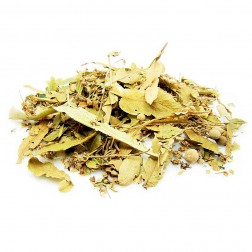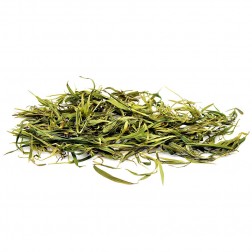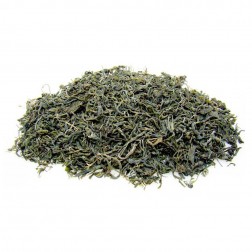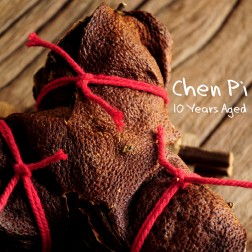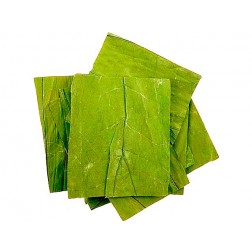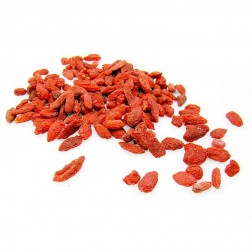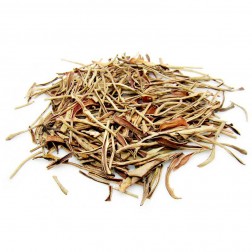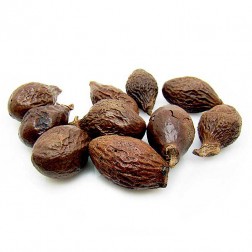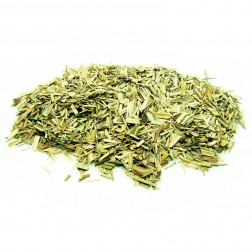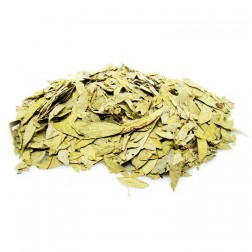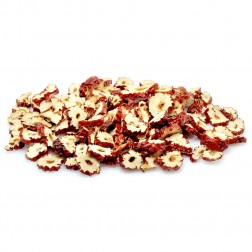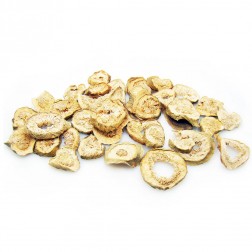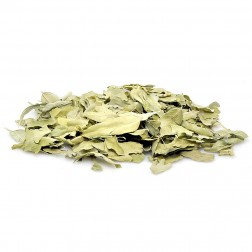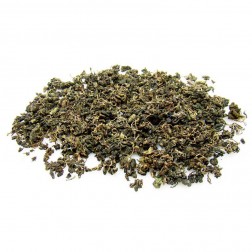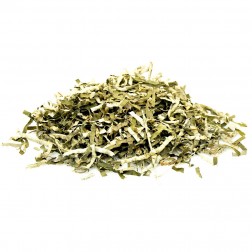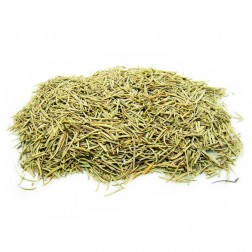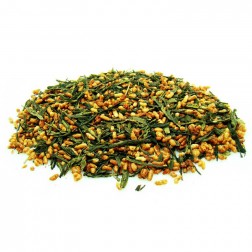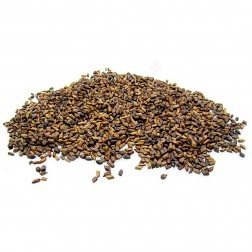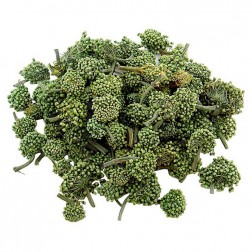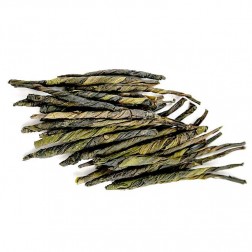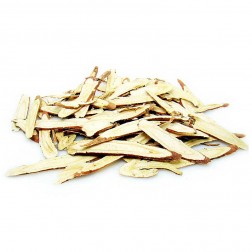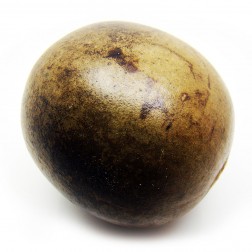Description
Details
Stevia has been in the center of controversy for decades owing to bans imposed by various countries on its use on food. The European Union, Singapore and Hong Kong have banned its use owing to unresolved concerns of it being a mutagenic. The United States currently allows stevia to be used as a dietary supplement though not as food additive. Nevertheless, many more countries are using stevia as an alternative sweetener and no adverse effects have so far been reported.
Stevia also called sweet leaf or sugar leaf. Below are some names for the stevia plant in various regions of the world:
Stamp of Paraguay, containing the Guarani and the scientific name of the plant.
China: 甜菊 (tian jü – sweet chrysanthemum), 甜菊叶 (tian jü ye – stevia leaf)
Dutch-speaking countries: honingkruid (honey herb)
English-speaking countries: candy leaf, sugar leaf, sweetleaf (USA), sweet honey leaf (Australia), sweet herb of Paraguay
German speaking countries, also Switzerland:Süßkraut, Süßblatt, Honigkraut
Hungary: jázmin pakóca
India: madhu parani (Marathi), gurmaar (Punjabi),madhu patra (Sanskrit), seeni tulsi (Tamil), madhu patri (Telugu)
Israel: סטיביה (sṭīviyyāh in Hebrew)
Japan: アマハステビア (amaha sutebia)
Paraguay: ka´a he'ê (sweet herb in Guarani)
Portuguese-speaking countries: capim doce (sweet grass), erva doce (sweet herb, also a Portuguese term for fennel), estévia (Brazil), folhas da stévia
Romania: loboda, stevie
South Africa (Afrikaans): heuningblaar (honey leaf)
Spanish-speaking countries: estévia, hierba dulce, yerba dulce
Sweden: sötflockel
Thailand: satiwia, หญ้าหวาน (ya wan, or sweet grass in Bangkok)
Stevia Tea Benefits have long been recognized by the people of South and Central America. Due to the sucrose content of its leaves, stevia has been used for centuries as a natural sweeter. It is also touted in modern times as a natural alternative to artificial sweeteners. Oftentimes referred to as "sweet herb", stevia is a genus of various species of herbs belonging to the Asteraceae family that is native to tropical areas of Central and South America. Stevia species are mostly found in the wild in locales that range from grassland to mountain terrain. Also known by its scientific name of stevia rebaudiana, the leaves of the stevia plant are often crushed and made into stevia tea, which is then used as a natural sweetener to various beverages and dishes. Stevia leaves are said to be from 30 to 300 times sweeter than sugar though the level of sweetness varies from leaf to leaf and plant to plant.
Among the active constituents of stevia are the following: diterpene glycosides, steviol, dulcoside, stevioside and flavonoid glycosides. Stevia leaves also contain considerable amounts of iron, calcium, potassium, zinc, and magnesium. It is also a source of Vitamins A and C, as well as proteins and carbohydrates.
Additional
Additional Information
| Wholesale Notice | Have a Question about Wholesale? Please check the detailed instruction page here. |
|---|---|
| SKU | ESH-016 |
| Chinese Name | 甜菊叶(tián jú yè) |
| Other Names | Stevia rebaudiana, Stevia Rebaudiana Leaves, |
| Teaware | Glass Pot, Glass(Tumbler), Piao Yi Tea Maker |
| Water Temperature | 95℃(203℉)+ |
| Steeping Instructions | Place herbals into the glass pot→Add hot water→Steep for 3-5 minutes(A candle warmer could be used to achieve better results) |
| Storage | Seal tightly, store in a cool, dry place away from sunlight and odour. |
| Country of Manufacture | China |
| Price | $2.50 |
| Packing & Weight | 50g~500g/bag. Default packing with aluminium coated kraft paper bag. |
Reviews
If you have any question concerns about our products or don't find what you need on our site, please contact us via [email protected] and we'll reply soon!

